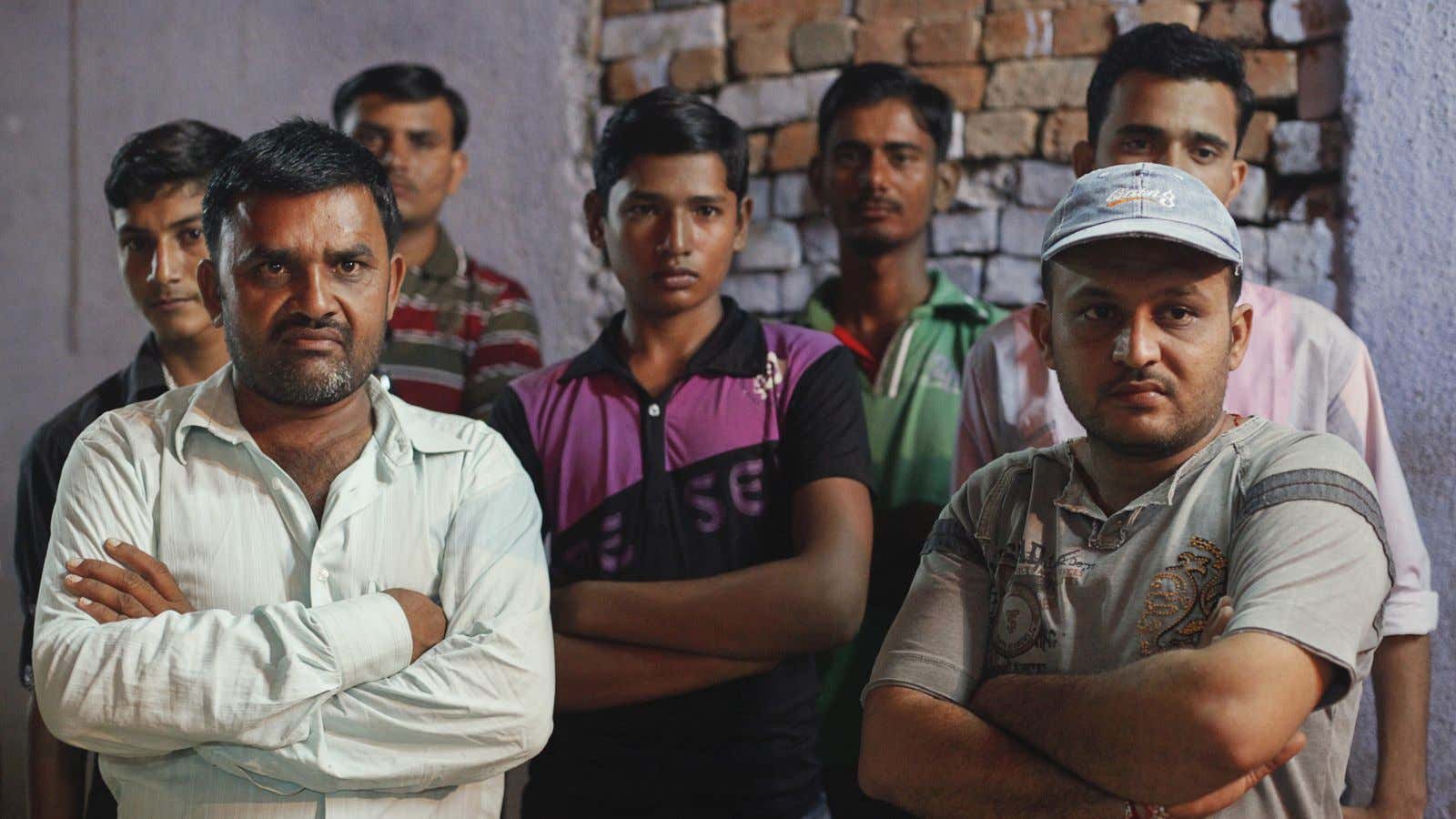The #MeToo movement that is currently playing out in India is a cruel reminder of the difficulties that women face in their professional lives.
Now, a report from a leading think-tank, which tracks business and economic data, confirms that the non-conducive atmosphere has led to women clocking out of workplaces.
India’s female labour participation rate (FLPR)—the share of women above 15 years who are engaged in work or looking for work—between May and August 2018 stood at a dismal 10.7%, according to the Centre for Monitoring Indian Economy (CMIE).
This is a sharp drop from India’s FLPR of 27% in 2013, which was dwarfed by China’s 63.9%, and the US’s 56.3% that year. Now the situation has been aggravated.
Female labour participation rates fell dramatically in both rural and urban regions after mid-2016, noted CMIE. “It is shocking to a point of being unbelievable,” said Mahesh Vyas, CEO of CMIE, “…and the LPR is more important than the unemployment rate because it tells us how many people are willing to work.”
India’s worsening gender imbalance in the workplace is a contradiction of sorts since the country boasts of being the fastest growing major economy in the world. “Broadly speaking, economic growth in India has still not generated a process of employment diversification, especially for women,” a report by the Bengaluru-based Azim Premji University’s Centre for Sustainable Employment had said last month.
The lack of diversity has economic consequences, too. If India creates a level playing field for its women, it can add up to $770 billion, or more than 18%, to its GDP by 2025, according to an April 2018 report by the McKinsey Global Institute.
In India, women drop out of the workforce citing various reasons—a lack of quality jobs; high-earning male members, who can sustain the family well, and societal norms that give preference to early marriages. Factors such as discrimination in opportunities compared to men, and sexual harassment at work, also add to attrition.
Want to read more from Nupur Anand? Subscribe to Quartz Private Key—Quartz’s premium crypto newsletter, delivered twice weekly.
